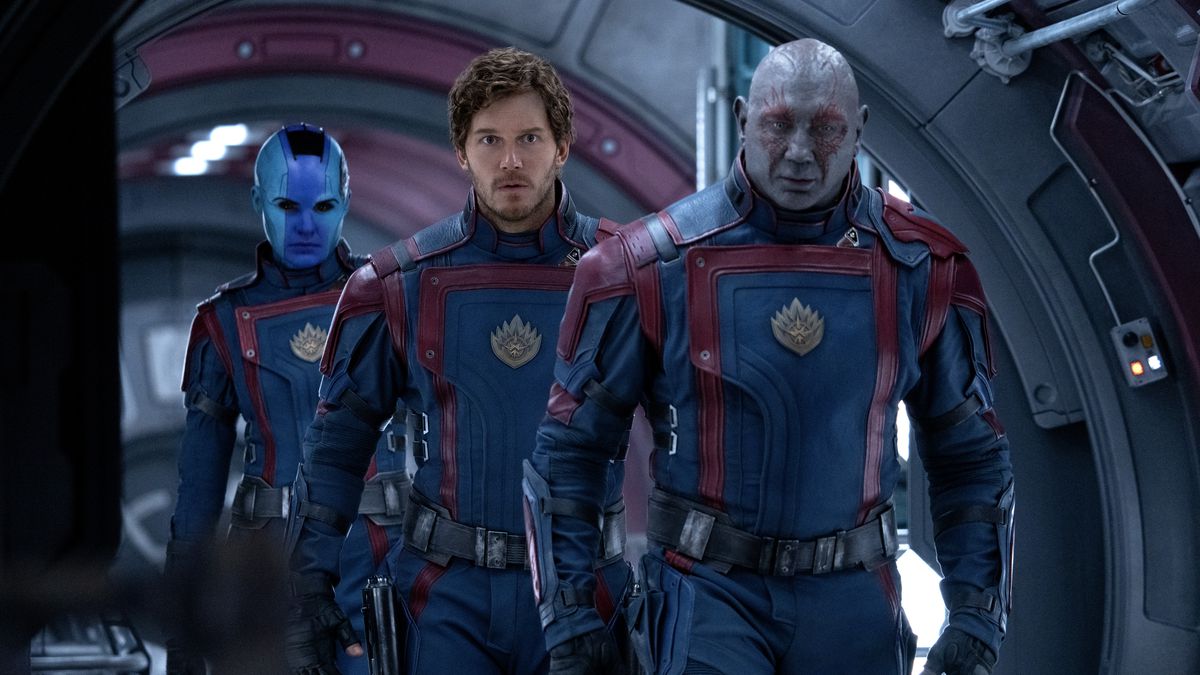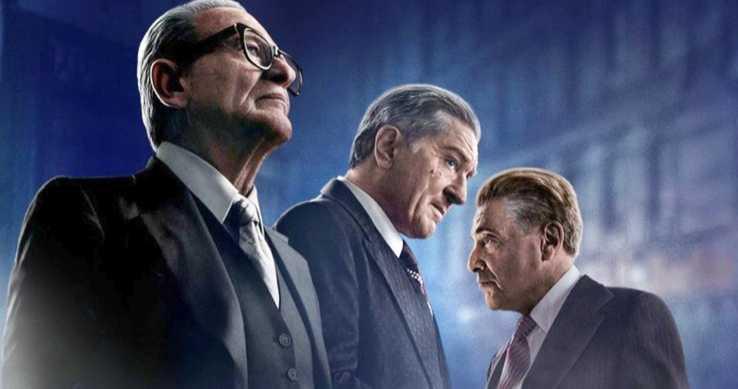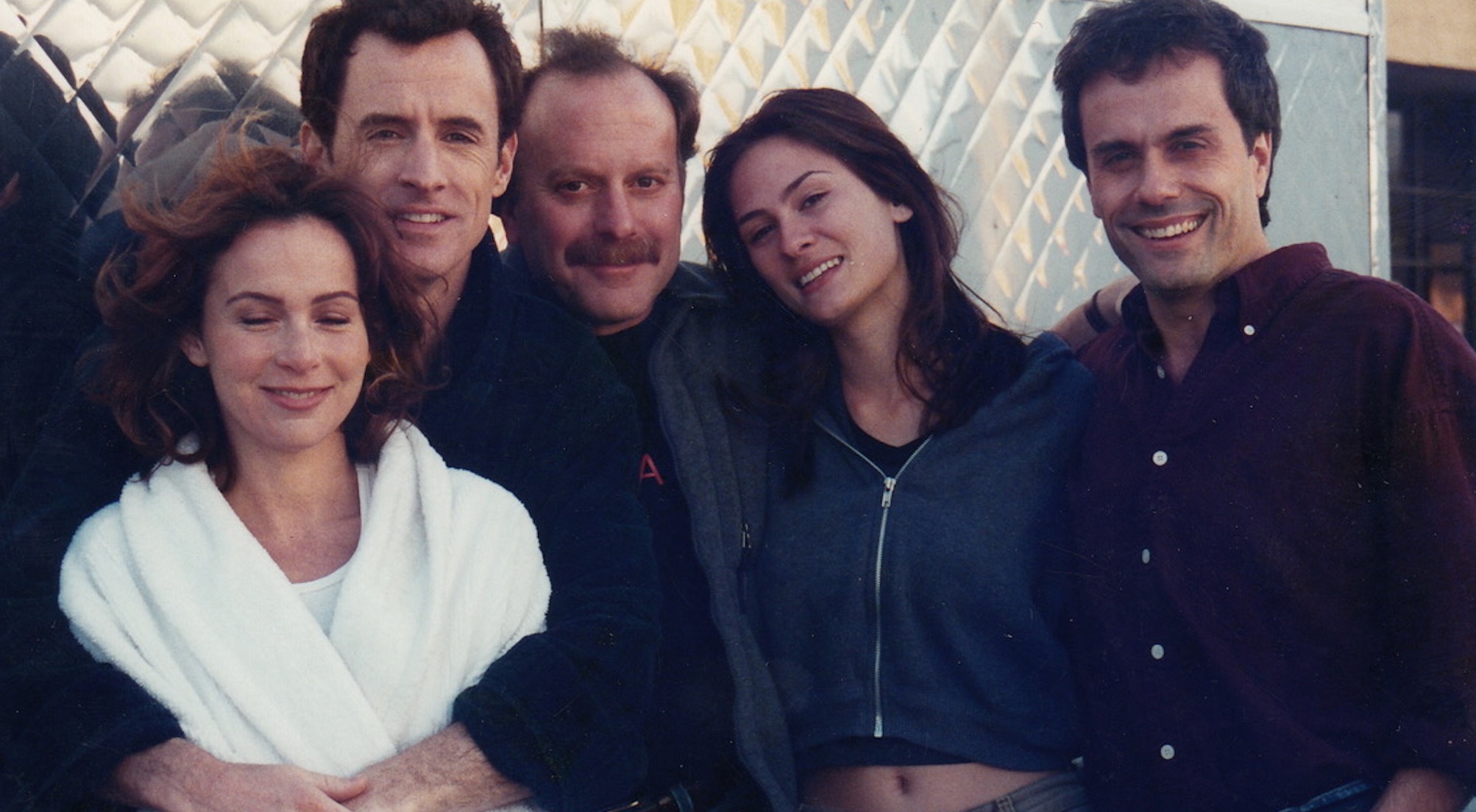
A young woman (Lucy Boynton) who is grieving over the death of her boyfriend (David Corenswet) finds that she can travel back in time to different parts of their relationship when she listens to music that the two of them previously heard together. With this ability, she makes it her mission to correct the past and save the love of her life. Things get complicated when she meets a new man (Justin H. Min) for whom she starts to develop feelings.
The Greatest Hits is an inventive, sensitive, emotionally moving, and strikingly insightful movie that centers on the theme of grief in an easily digestible and wholly accessible fashion. It makes sure to never sink into the depressed nature of its lead character, and always remains hopeful and upbeat—even when examining the emptiness that comes with extraordinary loss. It is a film that impressively provides both escapist entertainment and emotional catharsis in an intelligent and tender manner.
Boynton carries the film beautifully. She is bravely vulnerable throughout, portraying a character who is consistently struggling with the undercurrent of emotional pain that defines her present-day reality. She is able to convey her character’s struggles while also magically showcasing an effortless affability and lifelike chemistry with her co-stars. It is a complex performance that successfully conveys many complex emotions.
Corenswet is wholly charismatic in flashback/time travel scenes, making Boynton’s inability to let his character go entirely understandable. Min clearly exudes the kindness, gentleness, and empathy that make his character so appealing to the wounded and suffering Boynton in present-day scenes. Both Corenswet and Min serve The Greatest Hits well by portraying characters who believably take a strong hold over Boynton’s emotions. The film simply wouldn’t have worked as well as it does if the two actors weren’t as charming and as capable as they repeatedly prove themselves to be.
Writer/director Ned Benson brings extensive thoughtfulness to the film. The script favors the examination of the human condition over full reliance on its high-concept (and admittedly fantastic) central storyline. Benson’s directorial method allows the strength of the screenplay and the strength of the performances to take precedence above all else. Stylistic flourishes are used sparingly and exist only when necessary to organically highlight emotions or to communicate when time travel is taking place in the story.
The Greatest Hits’ only real fault is that it doesn’t fully commit to its initial theme of grief being an inevitability for us all. Its desire to be wrapped up too neatly slightly disempowers its overall impact. The ending feels like a compromise and, while it’s not one that ruins the film’s otherwise exceptional quality, it does hinder its potential to truly and completely reach greatness.
The Greatest Hits is a smart and emotionally moving movie with a unique and creative concept. It showcases a sincerely touching screenplay, impressively assured filmmaking, and realistically human characters portrayed by exceptional performers. While its ending falls short of the quality that comes before it, there is no denying that The Greatest Hits creates some very fond memories that will linger long after you’ve finished watching it.
GRADE: A-



